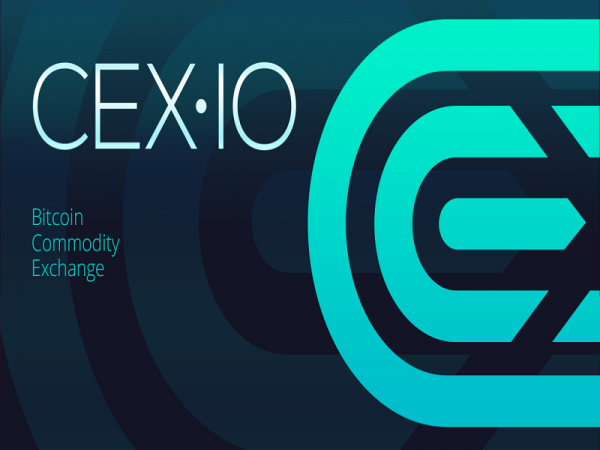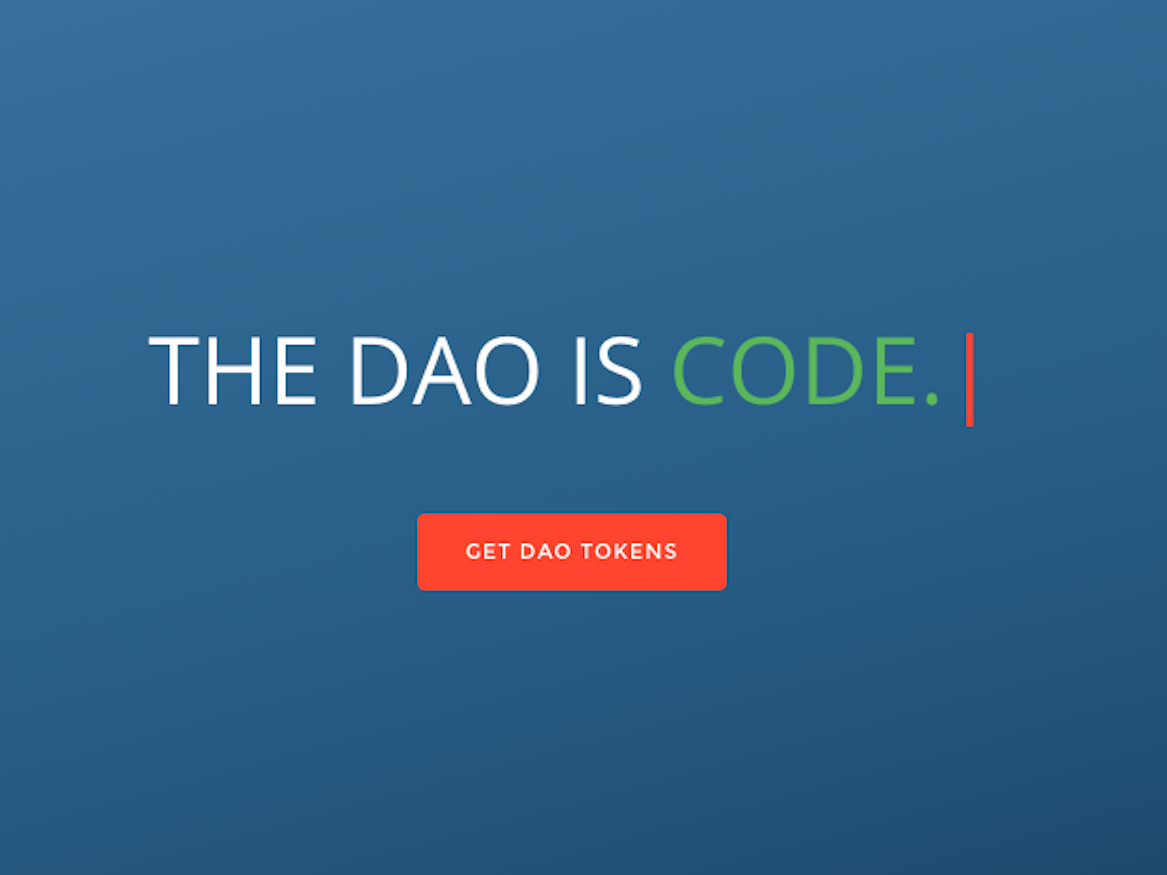The creator of the Ethereum blockchain platform comes up with an idea to run a “crypto-institution” aimed at resolving disputes, just like real-life arbitration courts do, but faster, simpler and more reliably.
In a Reddit post, Buterin expands his idea, emphasising that such decentralised court system would not go counter to the traditional institutions but rather be a complementary tool where a simpler procedure is sought for.
“Traditional courts serve the very important function of figuring out what the appropriate remedy is when the parties to a dispute have no prior relationship, and so they did not agree to any arbitration between themselves, and additionally they have the power to dish out almost unlimited penalties, whereas the power of the decentralized court is limited to what you put in as a security deposit,” Buterin wrote.
The use-cases for such “decentralised court” include the matters “that are potentially highly subjective”; arbitration in decentralised crowdsourcing and on-demand economy applications; backstop measures for getting funds stuck for a long time in a smart contract.
Buterin suggests that the mechanism should be built upon schellingcoin, ultimate oracle, subjectivocracy, or similar models, and provide users with the ability to have randomly selected judges to send a callback in response to their questions.
“Nah this whole decentral thing is not necessary. Traditional centralized courts with good old Judges are all that is necessary,” one of the commentators reacted to Buterin’s post, provoking from him a tongue-in-cheek reply:
“If centralized judges implement a question-answer callback API on ethereum then I'll be happy to consider them. But that may take a while :)”
Buterin noted that fees for addressing such court could potentially be higher due to the cost of gathering information relevant only to a few parties, but, according to the developer, “in some areas they will clearly be worth it (eg. if the alternative is risking losing 1100 ETH).”
Ethereum is a blockchain and smart-contract platform which provides an opportunity of building decentralised apps (DAPPs) for running contract schemes without much necessity of human intervention.
Maria Rudina

















